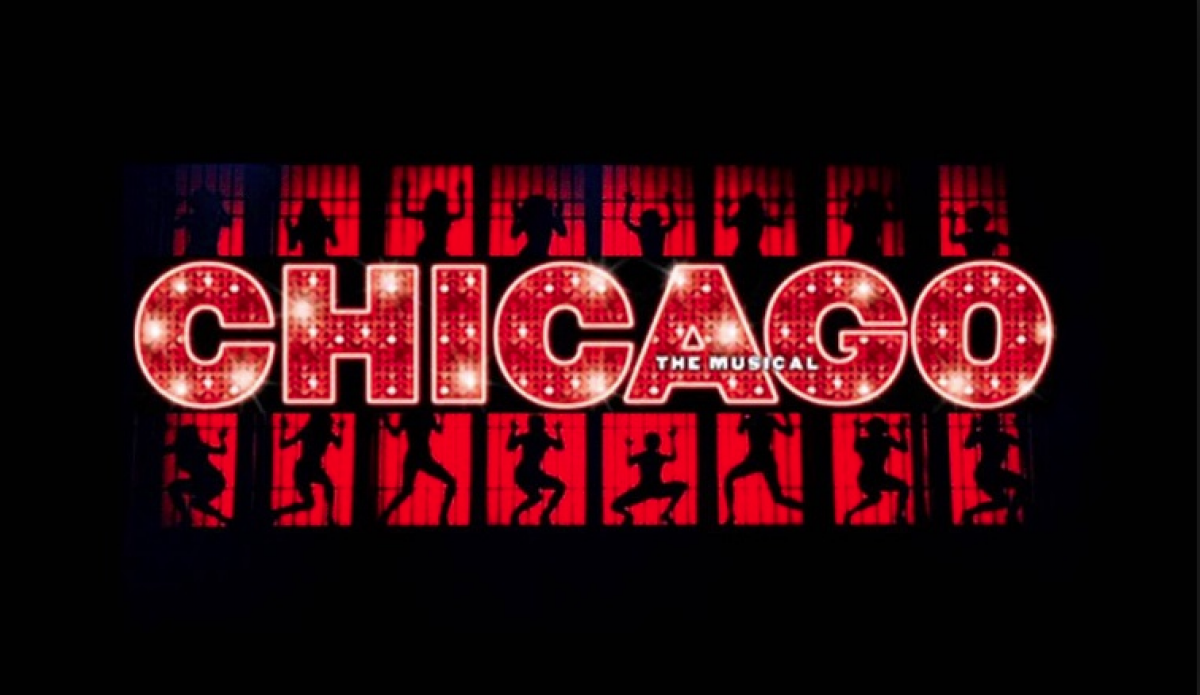Jobs within the music industry
In this project, my main task was to play as part of a band in a charity gig, which meant that I needed to learn skills mainly regarding that of a Performing musician. Therefore I studied the standard and required skillset in order to create the best outcome possible. I also looked at the required skills for an artist manager and a venue manager as in this project we had to be incredibly organised both as a band and as an individual and had to overcome multiple challenges both in the run up to and at the gig.
Musician – A person who plays an instrument, especially as a profession.
A professional musician could be expected to do a range of things including performing live at different venues and recording material weather it would be their own or written for them. Musicians may specialize in a single genre of may play music in a variety of styles. Examples of a musician’s possible skills include performing, conducting, singing, rapping, producing, composing, arranging, and the orchestration of music.
https://en.wikipedia.org/wiki/Musician
In this project I was playing in a band as a drummer. As I joined late, the songs were mainly already decided meaning that I had to adapt my playing style to fit multiple genres and styles, including pop, indi and Rock. This compares to a performing Musician as they would be required to learn a repertoire inside out, in order to be able to play a successful gig as well as being confident in playing multiple styles. The skills I used in this task were that of performing and arranging drum parts, both of which are important parts of being a performer.
Artist manager – An individual or company that guides the professional career of artists in the entertainment industry.
An artist manger usually works at a fixed commission rate, which is about 15-20% of their artist gross income. Therefore their wealth is directly tied to the success of their artist. However this is not always the case.
In this project we had to manage rehearsal time as well as managing ourselves in order to get our songs as polished as possible. We also had to plan ahead to set up successfully for the gig as well as doing some self-promotion. In this project we had to hit multiple deadlines as a group and as an individual, which is similar to the kind of work expected of an artist manager in a professional environment.
Venue manager- The person in charge of a location or event space.
The main skills required for a successful venue manager are as followed
- The primary duty of the venue manager is to oversee all operations of the venue. …
- …
- …
- …
- Education and Salary
https://www.billboard.com/articles/business/6605758/what-
artists-managers-really-earn-its-not-cheap-to-be-available-24-7
Although we didn’t really delve into the skills that are needed to be a venue manager we did have to develop certain skills to make this project successful.
For example we needed to make the venue safe by imposing health and safety procedures for the audience as well as the band. Another challenge that we overcame was setting up mics on stage, although there was an employed sound engineer at the gig we did play a part in setting up the instruments, equipment and developing a good sound due to a sound check prior to the gig.
Overall the mixture of these skillsets allowed me to operate much more efficiently. Prior to this project I had never organised or set up my own gig whether it be as an individual or in a group, therefore by looking at how an artist manager and performer operate, it allowed me to reach the required level in terms of practise to create a decent gigging performance. The mixture of skills from the venue manager and artist manager allowed me to improve my organisation skills as well as allowing me to work with lots of different people. The mixture of venue manager and performer gave me an insight into how gigging as a professional musician would be and allowed me to begin developing skills for professional life. Therefore by combining all of these skills together, I felt much more confident and prepared in organising an event like this and it has given me the incentive to do it more in the future. It has also helped me to understand the different relationships that are prevalent in the music industry and how they relate to one another.
